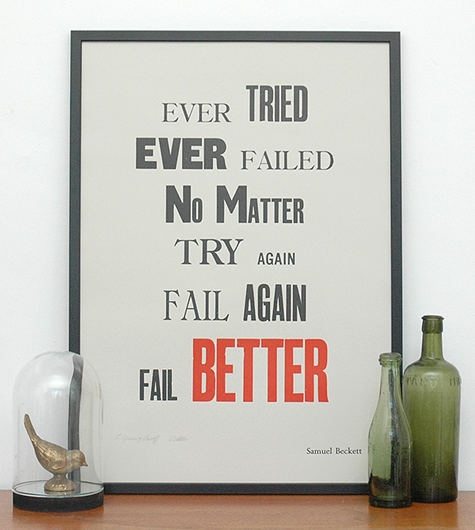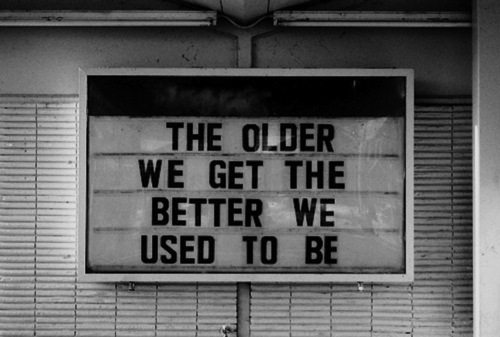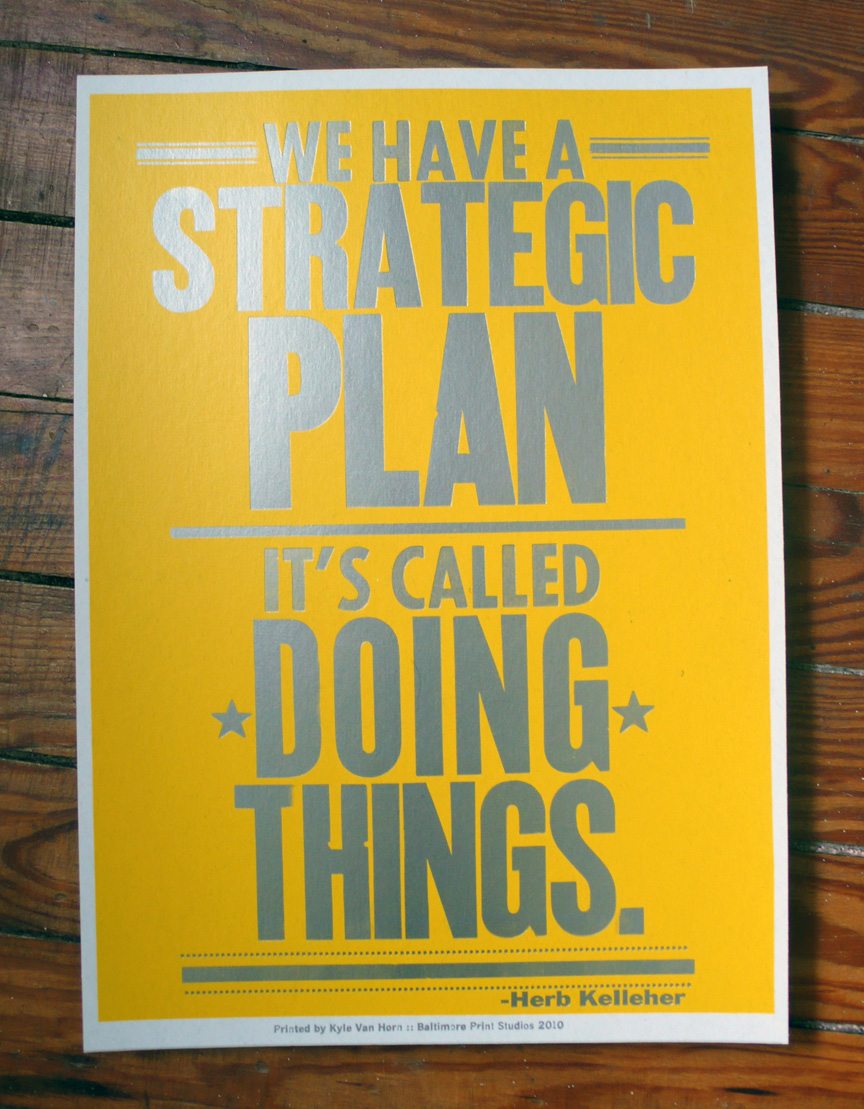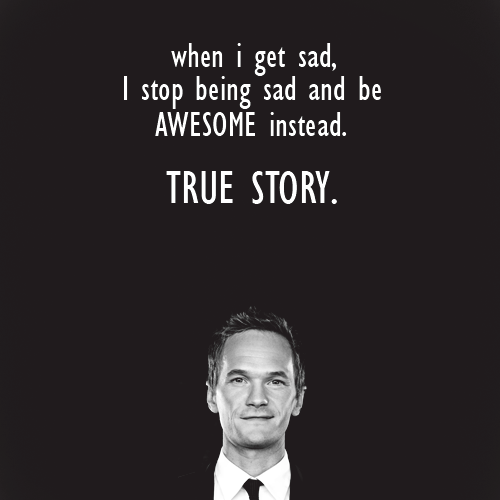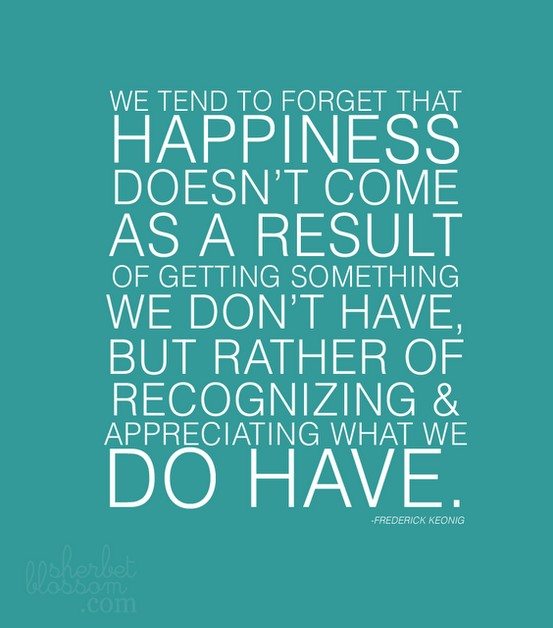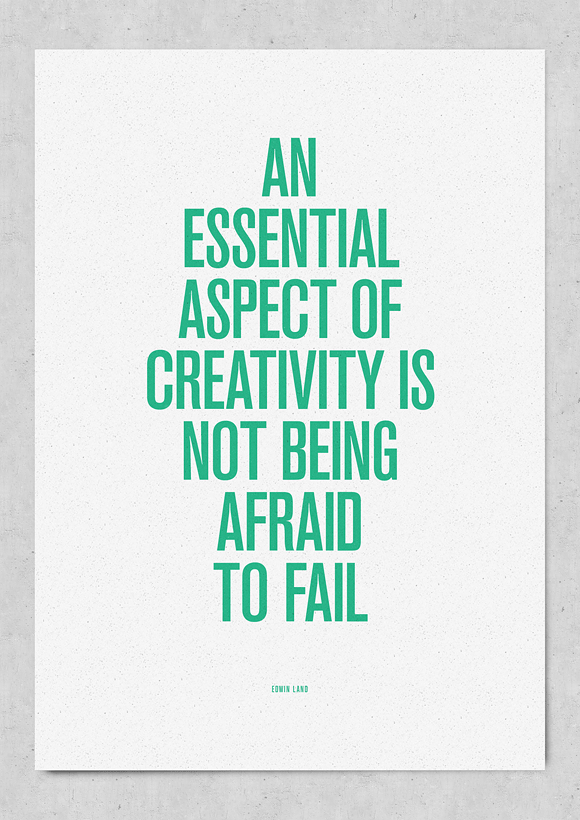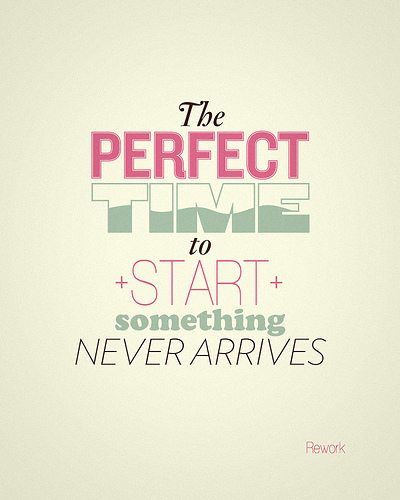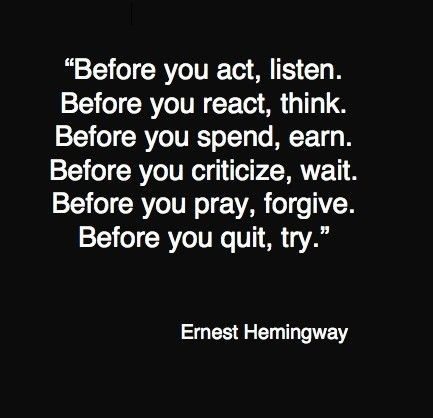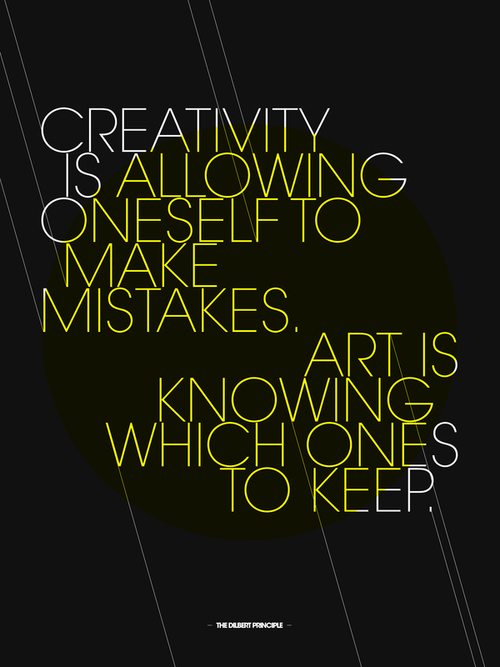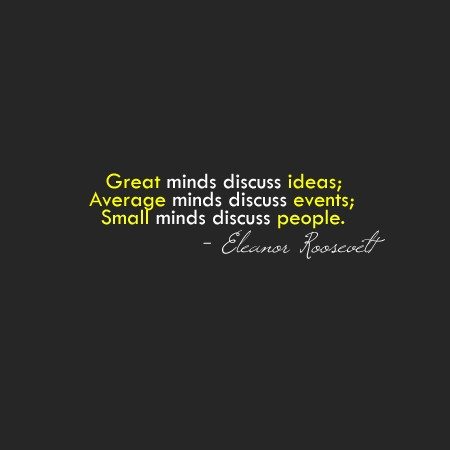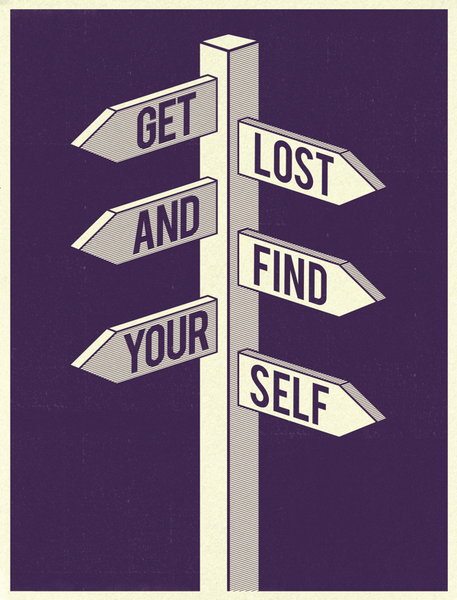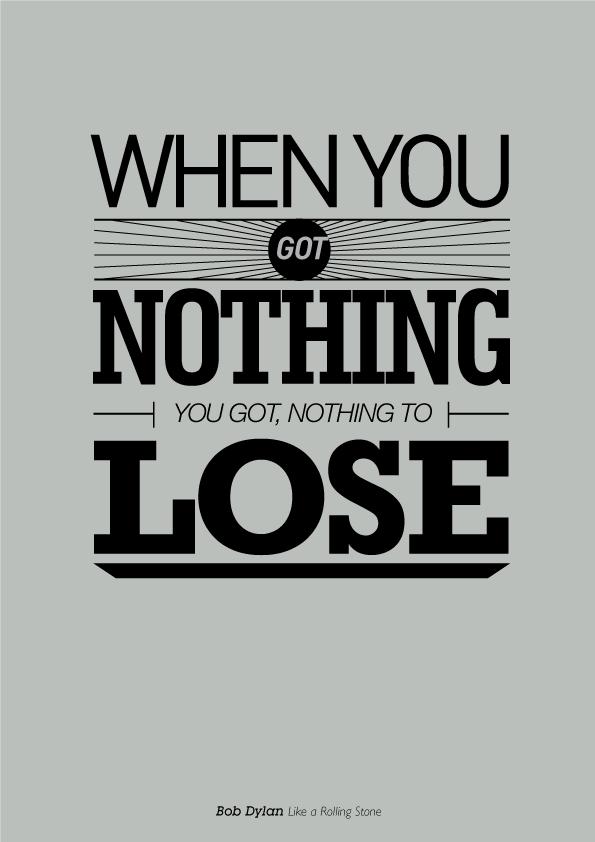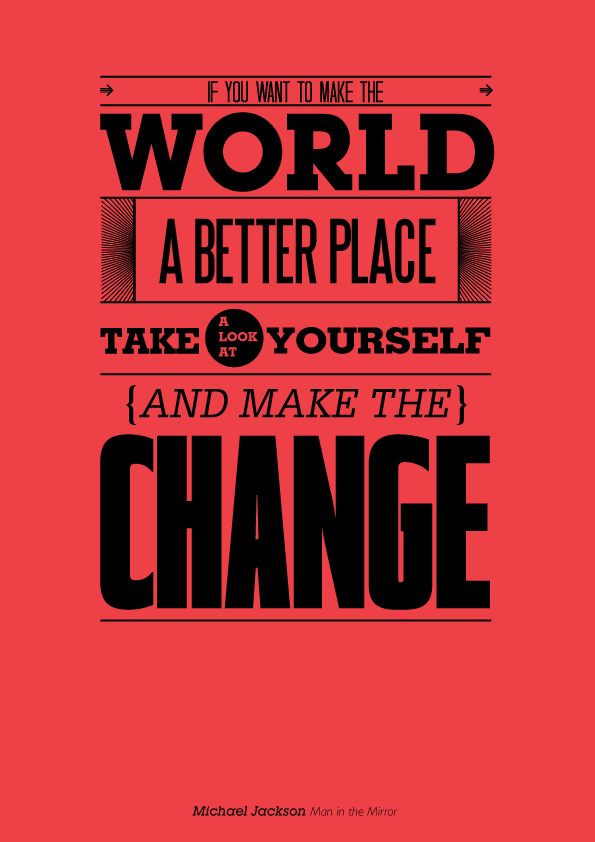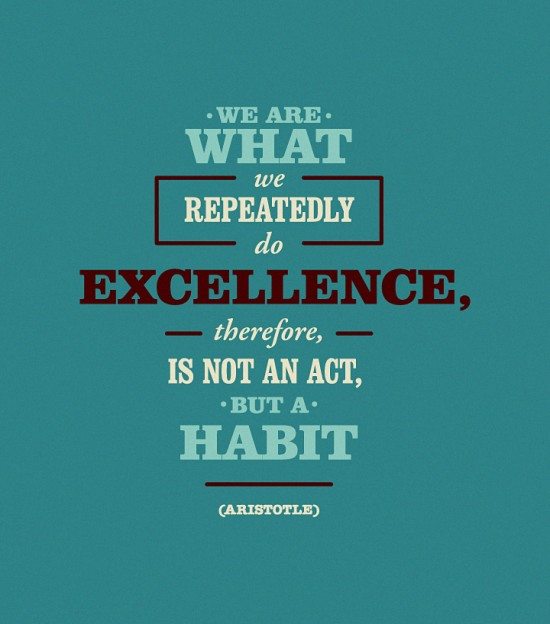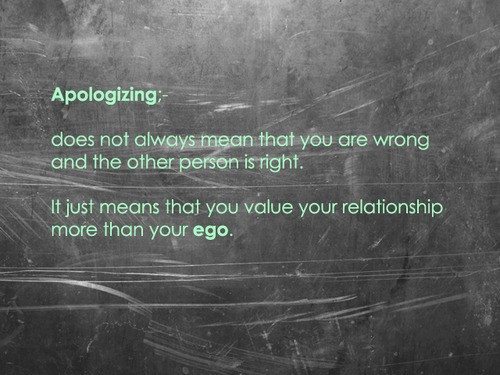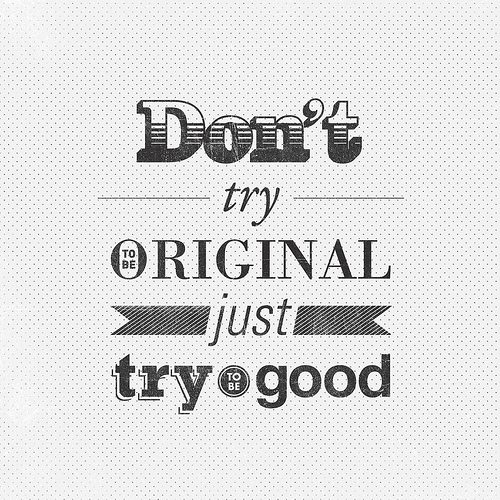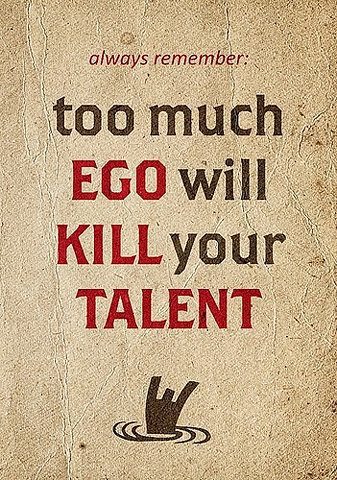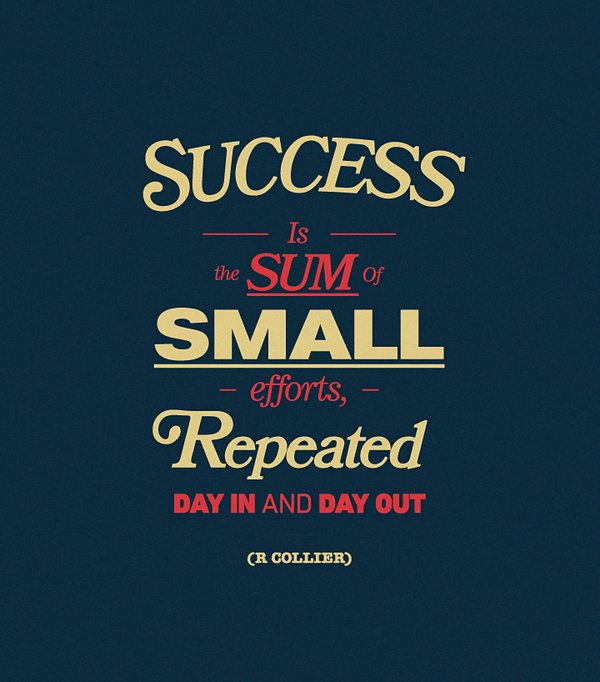How to Think Big
Many people are enamored by big ideas, but it's really difficult for most people or teams to let their minds go free and go large. It's not surprising. People are so often focused on the day-to-day small stuff that they struggle with thinking in an expansive manner.
To think big, you must first understand the cause and benefits of thinking small. Companies, teams and individual achievers are sharply focused on getting things done. They're not all good at it, but generally most everyone strives for efficiency. This approach is very effective for problem solving, which drives most leaders daily. It's the approach most often taught, encouraged and used by managers and employees alike. But this determined focus on completion often limits the ultimate scope of the results.
When posed with an issue, the general problem-solving approach looks something like this:
[Solution + Resolution = Completion] leading to Limitation
Example: Team A has a customer service issue. Everyone brainstorms on ways to solve the problem based upon current practices and behaviors. Ultimately a small adjustment is made which brings the problem back to a tolerable level or removes it completely. They strive to get a viable answer as quick as possible so they can check it off their list and move on. No one bothers to think beyond the scope of the problem. They just go back to their day-to-day activities as quickly as possible. This increases efficiency, but leaves a lot of powerful ideas undiscovered.
Here is an alternative big-idea approach:
[Knowledge + Exploration = Understanding] leading to Expansion
Example: Team B is faced with the same customer service issue. This time they are instructed to forget about the issue itself. They go through a multistage exploratory process.
- First they're each instructed to meet in a week with a detailed deconstruction of their complete, current, customer service process in hand.
- They share the information at the meeting and are each now told to come back a week later with detailed information on how other competitors manage their process. They are also told to explore books and articles on customer service.
- In the next meeting, all relevant information is shared. They compare and contrast the company's process with that of their competitors. They share ideas garnered from thought-leaders. They are then split into three groups and tasked to brainstorm and create the ideal customer service process using the best of all the information they found. They are asked to present their approach the following week.
- The different presentations are reviewed, considered and discussed by all with the most innovative ideas combined, improved and applied accordingly.
Team B's results resolve multiple issues in the process and ultimately result in innovation that gives them strategic advantage. The team members are now smarter about their industry, their company, their customers and their competitors. They'll naturally feel encouraged to expand their resources further and search for new ideas that will drive the company forward.
Granted the big idea approach is more involved. It takes more time and effort, but the results are worth managing everyone's impatience. Integrating this expansive approach in your group culture will surface big ideas regularly, giving you competitive advantage over other teams still focused on the small stuff.
Individuals, teams, and companies alike can all benefit from these expansion-oriented thinking tips:
1. Create Specified Time for Thinking
Problem solvers will try and get done and get out. Set aside 90 minutes, two hours or even a day to tackle a problem and then use the entire time. Don't head for the door after the first good idea. Let things percolate. There may be bigger and better ideas to come.
2. Encourage Outside Learning
The more information in the room, the broader the brainstorm. Give team members time and resources to grow, learn, and explore. Learn facilitation techniques that will surface more participation from everyone. Or hire in a professional facilitator who can expand everyone's thinking and teach facilitation at the same time.
3. Reward Expansive Results
Track the results of all progress made from expansive thinking sessions. Reward the teams and celebrate the accomplishments. Emphasize the process and how it helped make everyone's life better. A culture that rewards big ideas will attract and maintain more expansive thinkers.
Obviously there is a time and place for problem solving efficiency. You can't use an expansive thinking approach for every little decision or you'll never get things done. But the regularity and pervasiveness of expansive thinking will actually solve problems you haven't yet identified, bringing greater efficiency, and giving you more time to execute really big ideas.



